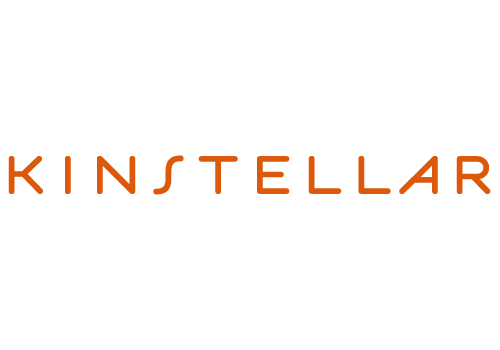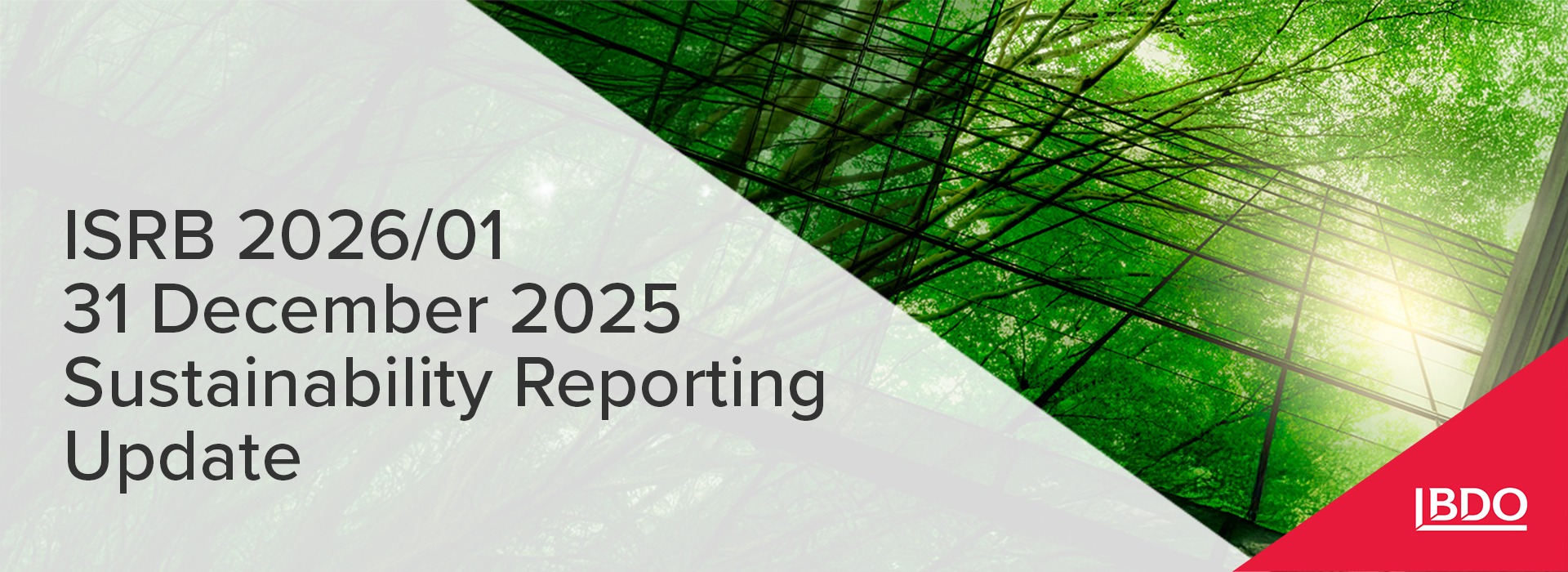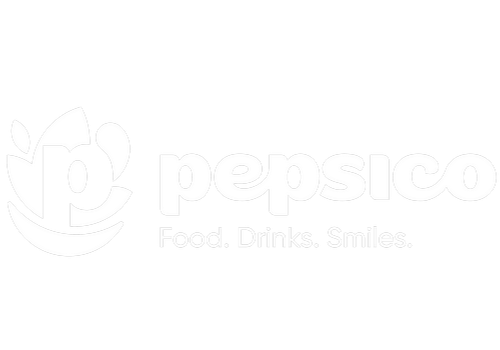Supreme Court upholds AMC conditional merger approval
June 2025 – In a key ruling, Ukraine’s Supreme Court has upheld a previously overturned conditional merger clearance by the Antimonopoly Committee of Ukraine (AMC) concerning two major Ukraine-based cement producers, namely CRH Ukraine and Dyckerhoff Cement Ukraine.
Back in September 2024, the Commercial Court of Kyiv annulled a conditional merger clearance issued by the AMC for the CRH-Dyckerhoff transaction. Approved earlier that same month[1], with stipulated obligations related to production levels and fair market access, the merger clearance soon faced a legal challenge from competitor Kovalska, leading to months of litigation. Kovalska alleged that the AMC’s Phase II investigation lacked an adequate competitive analysis, particularly within the ready-mix concrete market, and was marred by procedural deficiencies such as Kovalska not being admitted to participate in the Phase II merger review. During the case, Kovalska argued that the proposed merger also affected its business and that the AMC had failed to respect its procedural rights.
The court of first instance ruled in favor of the claimant, citing the AMC’s failure to provide sufficient justification for the merger’s impact on competition. However, that ruling has now been overturned by both the Appeals Court[2] and the Supreme Court[3], paving the way for the merger to proceed. In the most recent rulings, the courts affirmed that third-party status in Ukrainian merger control cases is not automatic because an applicant must demonstrate a direct and significant effect on its own legal interests, not merely the commercial uncertainties faced by all customers in the market. Kovalska conceded that it did not operate in the relevant product market but did rely on the concrete production activities of affiliated companies. This argument, however, was deemed to be too indirect to satisfy Article 30(5) of the Ukrainian Competition Act. In addition, the Supreme Court concluded that a large purchasing volume alone (even 10% of national cement output) does not prove that the AMC's decision would impair a company's rights more than it would those of any other buyer. It also found the allegations of price discrimination and supply refusals unsubstantiated. As a result, the Supreme Court upheld the AMC's decision not to include Kovalska in the merger control proceedings and reinstated the conditional clearance for the CRH-Dyckerhoff merger.
The ruling sets an important precedent in Ukraine’s merger control framework, potentially leading to stricter evidentiary standards in future AMC decisions. It also highlights the growing likelihood of further judicial scrutiny over the AMC’s conduct during merger approvals and may significantly impact merger reviews going forward.
AMC raises the bar for distributor selection in the Pharma sector
On 24 April 2025, the AMC issued sector-wide guidance addressing anti-competitive practices in distributor selection within the pharmaceutical sector. The move came in the light of a sector inquiry that revealed potentially exclusionary practices, such as setting unjustified minimum requirements for warehouse and retail infrastructure, geographic reach, sales volumes, and prior partnerships with major manufacturers. According to the AMC, such practices may lack objective justification and unduly favor certain distributors, thereby hindering market entry for smaller competitors and limiting consumer choice. The AMC is encouraging pharmaceutical firms to reassess selection policies to ensure alignment with non-discrimination principles embedded in national competition laws.
This guidance signals the AMC’s readiness to rigorously enforce compliance, particularly where unjustified entry barriers persist. Consequently, pharmaceutical companies should anticipate heightened scrutiny of their distributor selection processes, underscoring the need for transparent and objectively justified practices. Internal audits can be invaluable in ensuring compliance and fostering fair competition in this respect.
Misleading claims under regulatory fire: AMC issues fines
In May 2025, the AMC imposed sanctions following two high-profile enforcement actions targeting deceptive health-related product claims.
The cases involved sanctions against two Ukrainian companies, Bauer Medical and Aqua-Polyana, for unsubstantiated health-related claims. On 22 May 2025 Bauer Medical was fined approximately EUR 2,100 (the equivalent of UAH 100,000) for marketing "Heparin Dr. Bauer Cream" while making unsubstantiated therapeutic claims.[4] The company had marketed the product with claims of it having anti-varicose, anti-edematous, and toning effects, yet the company failed to provide evidence substantiating any such therapeutic benefits. The Ministry of Health of Ukraine confirmed that such claims imply pharmacological properties that require registration as a medicinal product. The AMC found that Bauer Medical had thus gained an unfair competitive advantage over manufacturers of properly authorised medicines. The relatively low fine reflected the company’s cooperation, including the prompt withdrawal of the product and an acknowledgment of the given violation.
Similarly, on 29 May 2025, Aqua-Polyana was fined approximately EUR 70,000 (equivalent to UAH 3.3 million) for advertising its "Shayanska" (in Ukrainian: Шаянська) mineral water as a remedy for various medical conditions.[5] These claims were found to be unsupported by clinical research. Specifically, the company advertised Shayanska as being effective in treating peptic ulcers, hepatitis, pancreatitis, and various metabolic disorders such as obesity and gout. However, the Ministry of Health's research institute found no clinical evidence supporting these claims. Such labeling could, regulators argue, mislead buyers and distort competition in the medicinal water market. Aqua-Polyana ultimately ceased making the unjustified claims and submitted revised labeling to the AMC.
Notably, both companies cooperated with the AMC following the initiation of investigations and adjusted their respective labeling accordingly. The AMC nonetheless made clear that misleading advertising not only deceives consumers but also creates an unfair competitive advantage. The cases underscore the importance of fair play and proper cooperation with regulators – health product claims must be supported by credible evidence in order to prevent regulatory investigations and potential reputational damage.
Ukraine set to re-establish state aid controls amid martial law
In a significant legislative development, on 29 May 2025, the AMC endorsed a draft law aimed at restoring controls over the distribution of state aid in Ukraine, even during martial law.[6] The bill emphasizes improving transparency and ensuring compliance with EU standards, introducing several significant reforms:
- Resuming Mandatory Notifications. State aid providers will need to inform the AMC about any new aid measures planned to be implemented, as well as any proposed operational changes. Accordingly, the current exemptions will be revoked.
- Retrospective Reporting for Wartime State Aid. State aid granted during the period of martial law continues to be in effect; however, the draft law introduces an obligation for providers previously exempt from notification requirements to report the relevant aid-related information to the AMC.
- Revised De Minimis Thresholds. De minimis aid will be allowed up to EUR 300,000 over any rolling three-year period, while aid granted for services of general economic interest is permitted up to the sum of EUR 750,000.
- Mandatory Reporting to the State Aid Register. State aid providers will be required to report all de minimis or exempted aid to the State Aid Register within 10 working days of its disbursement.
- Updated Legal Definitions. Key terms such as "state aid", "economic activity" and "services of general economic interest" will be clarified to align Ukrainian laws more closely with EU standards.
The above reforms are designed to support Ukraine’s commitments under the EU-Ukraine Association Agreement and aim to improve legal clarity, transparency, and accountability for the use of state aid.
Contacts:
For more information or a detailed overview of applicable cases, please contact: Yulia Eismont, Counsel, at yulia.eismont@kinstellar.com.
[1] Source: https://amcu.gov.ua/news/informatsiia-pro-rishennia-amku-05092024
[2] Source: https://opendatabot.ua/court/125459844-60e1bd8725569dddf6262b0e2dba5a8d
[3] Source: https://opendatabot.ua/court/127184573-f5c91259df8170ada194eaf208b06d46
[4] Source: https://amcu.gov.ua/npas/pro-porushennia-zakonodavstva-pro-zakhyst-vid-nedobrosovisnoi-konkurentsii-ta-nakladennia-shtrafu-23
[5] Source: https://amcu.gov.ua/news/za-poshyrennia-omanlyvoi-informatsii-na-etykettsi-shtraf-3-mln-hrn
[6] Source: https://amcu.gov.ua/news/amku-skhvalyv-zakonoproiekt-shchodo-vidnovlennia-okremykh-polozhen-zakonu-pro-derzhavnu-dopomohu




























